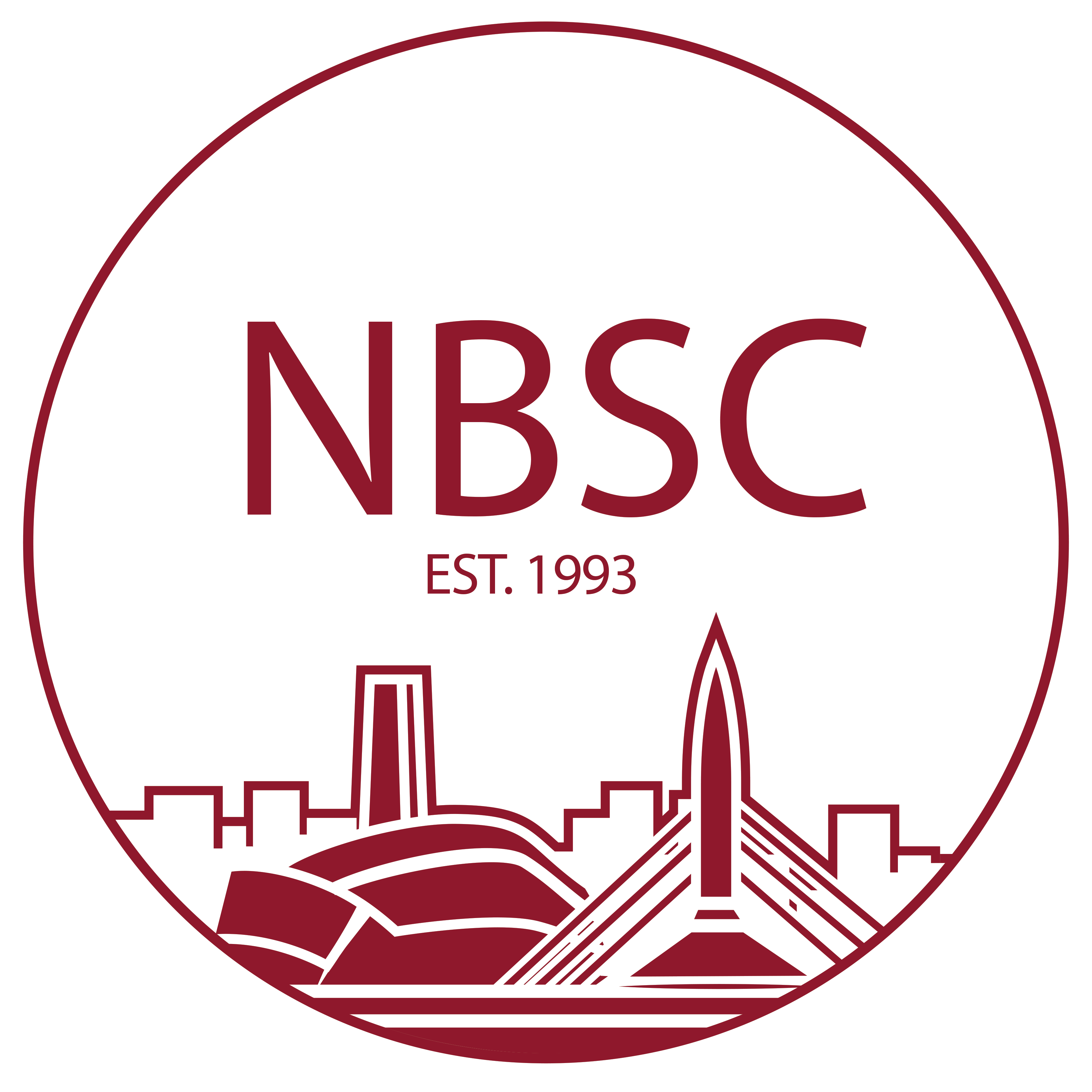
The National Blood Service Commission (NBSC) has called for a more robust Public Private Partnership (PPP) in the blood services for improve availability of safe blood in the country.
The Acting Director-General of the commission, Dr Omale Amedu, made the call in an interview with the News Agency of Nigeria (NAN) in Abuja on Tuesday, to celebrate the World Blood Donor Day.
The World Blood Donor Day, held annually on June 14, is aimed at raising global awareness on the need for safe blood and blood production for transfusion.
Amedu said investing in blood services would improve the availability of blood and blood products such as whole blood; red cell concentrates; platelets; fresh frozen plasma, cryoprecipitate and others.
He also added that it would also provide avenue for the production of plasma-derived medicinal products (PDMP), which can also be sold within and outside the country.
“The aspect of ensuring safe blood for Nigerians cannot be complete without the private sector.
“So we need them to invest in providing blood services not just as whole blood, but as blood products and plasma derived products.
“These products are products that are sold as drugs. This aspect is business oriented.
“Investors who are able to put together good initiative can go into the business, where they can separate blood into its components and produce drugs like antigen, haemoglobin and several others.
“All these are sold not just in the local market, but international market as well.
” And the federal government will collaborate with anyone who is interested through Public Private Partnership (PPP) to ensure they fully establish this venture and make profit out of it,” the acting D-G said.
According to him, the commission’s mandate was to regulate, coordinate and ensure the provision of safe blood and blood products.
He, therefore, appealed for more voluntary unpaid donors to donate blood to save lives, improve their health status and increase the nation’s blood bank.
“Our target is to ensure that blood units collected will increase from the present 25,000 to one million by 2023 and three million by 2030,” Amedu said.
The director-general further described blood donation as an act of solidarity and urged Nigerians to join the effort to save lives.
He said that the act highlights the critical contributions voluntary, unpaid blood donors make to national health systems.











